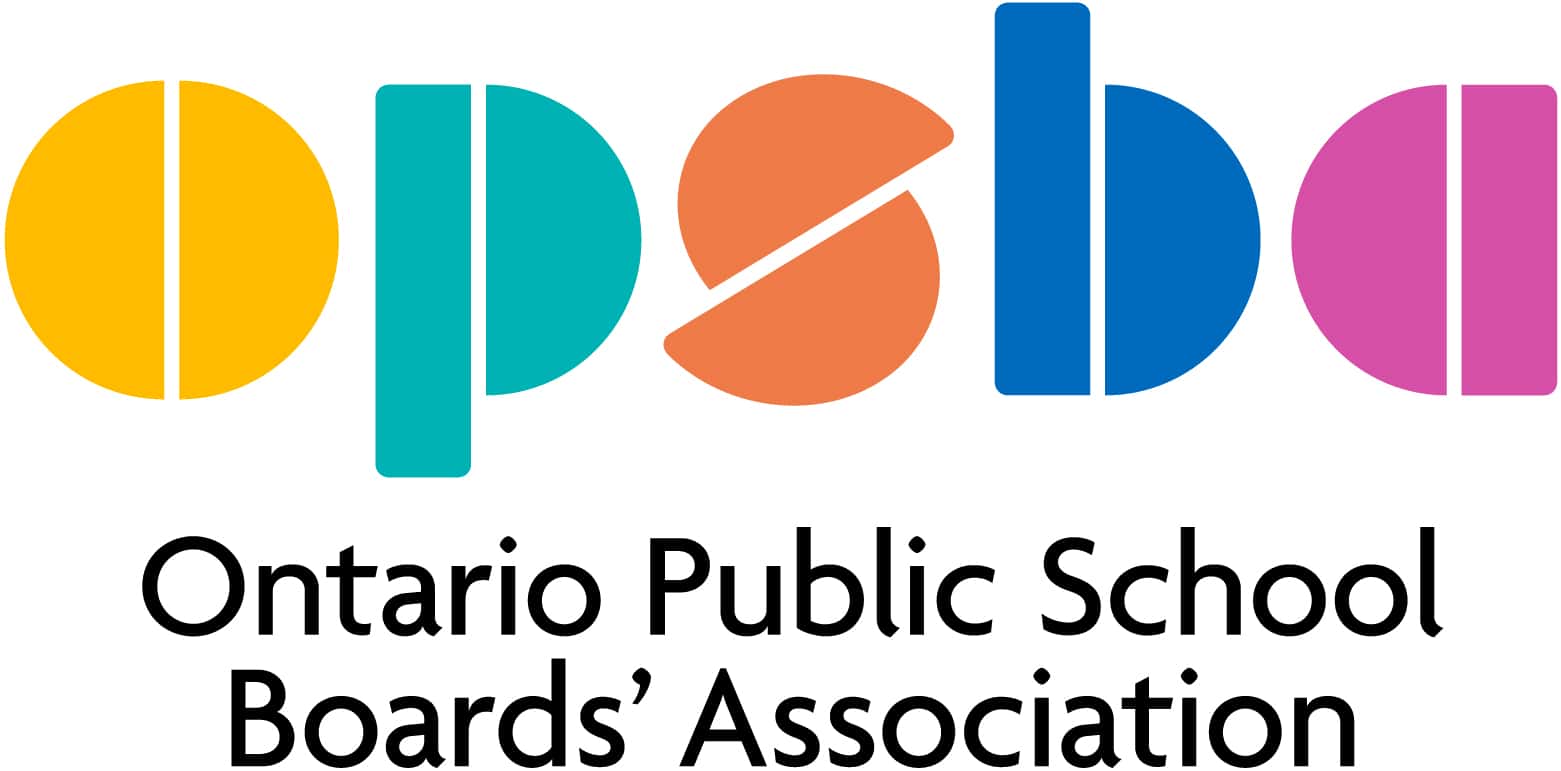Beyond the Bake Sale: The Essential Guide to Family-School Partnerships
Review by Melanie Tait
The authors of this book, Anne T. Henderson, Karen L. Mapp, Vivian R. Johnson and Don Davies, wrote it with people connected to education in mind. It takes steps beyond parents’ involvement in their children’s homework, and moves towards authentic parental engagement in schools and education.
The introductory chapter lists and explains reasons why the book is important, and the authors begin with the premise that “partnerships among schools, families, and community groups are not a luxury – they are a necessity.”
Beyond the Bake Sale highlights the high correlation between family and community partnerships and student achievement. This link is backed up with references to research and sound, commonsense thinking. Readers are reminded that regardless of their own socioeconomic background, school experience or educational background, all parents can and do support their children’s success. Parental involvement at school is also linked to greater participation in the community. There are caveats, however. Partnerships between parents, community groups and schools need to be real partnerships. “Be warned: positive results are not automatic. They are more likely to be achieved when school, family, and community partnership programs are well planned and carefully executed.”
Schools that engage parents and the community help to build and sustain confidence and support. Respect and trust are built when parents and members of the community are invited into the school. The advantages of collaborative approaches work in two ways. The school benefits, as do families and community agencies, institutions and other groups. The capacity of the community to understand and serve the needs of students and their families increases as a result of engagement in the school. Similarly, awareness of and access to services for children and families is increased.
Many studies have documented the resulting benefits for families and children, which include
- increased knowledge of child development
- greater confidence in their role as their child’s first teachers
- more frequent attendance at school meetings and a stronger sense of responsibility for children’s schooling
- improved literacy and other skills
- better communication with schools and teachers.
Teachers and school administrators also learn from families and the community. According to the authors, parents who are involved at school tend to rate teachers more highly, and teachers learn to appreciate and welcome parents to a greater degree, “Teachers who involved parents positively and consistently tend to rate families more positively. They also hold fewer social class and racial stereotypes than teachers who do not. In addition, teachers who involved parents and other volunteers report that they have more time to devote to teaching and to giving children individual attention.”
The next nine chapters provide guidance to readers about how to create, build and sustain authentic partnerships with families and the community. Using a four-level rubric, the book shows how schools can determine what kind of a school they are with respect to engagement. Fortress Schools operate on the belief that parents belong at home and that the schools know best. Come-If-We-Call Schools welcome parents to regularly scheduled events such as Curriculum Night or the winter concert, or to support children who are having problems. Homework support is an important role for parents. Open-Door Schools offer many opportunities for engagement and are actively working to increase participation. Partnership Schools work strategically with all families and community organizations to ensure that all students succeed.
An interesting feature of Beyond the Bake Sale is the frequent use of sidebars, text inserts, and tables and charts that contain rich examples, tell stories, share information and display data visually. This book is full of tips, suggestions and tools to help schools assess their own progress towards partnership and develop meaningful ways to work with parents and community groups. It includes excellent ideas for ways to build trust, honour families and make the school environment more welcoming. The book also offers numerous self-assessment and planning tools, as well as an extensive bibliography of research that supports the importance of parental and community engagement in schools.
However, because the authors are based in the United States, the book contains references to American legislation, and in the extensive resources chapter many of the references are to American research. That said, there are also many web-based resources that focus on learning, developing relationships, addressing differences, and advocacy in general. These references would be helpful and appropriate in any educational setting.
Beyond the Bake Sale is highly recommended for schools, school councils, parent organizations and other community groups interested in becoming meaningfully involved in education and educational issues.
Beyond the Bake Sale
Anne T. Henderson, Karen L. Mapp, Vivian R. Johnson, and Don Davies
The New Press, New York, 2007
338 pages, $31.50, paper
Melanie Tait, EdD, is an educational consultant, specializing in workshop facilitation, team coordination, curriculum design and research. She currently manages a provincially funded writing project mandated to create professional learning and training materials and a compendium of resources promoting awareness and understanding of LGBTQ issues. Previously, Dr. Tait was the coordinator of the TeachAble Project on accessibility awareness, and worked on the Trustee Training modules for the Ontario Education Services Corporation. Dr. Tait also teaches at OISE/UT and York University faculty of education.

